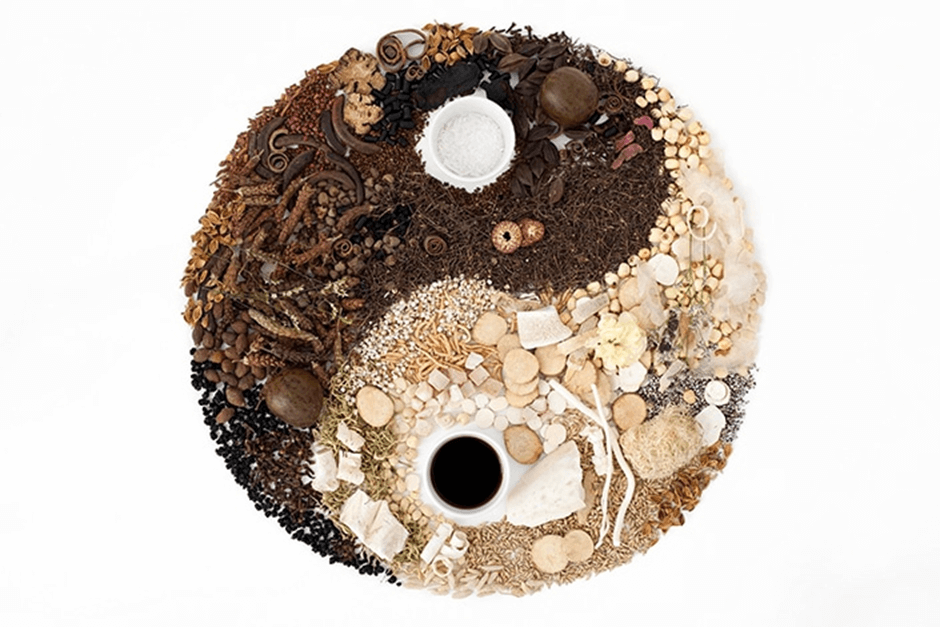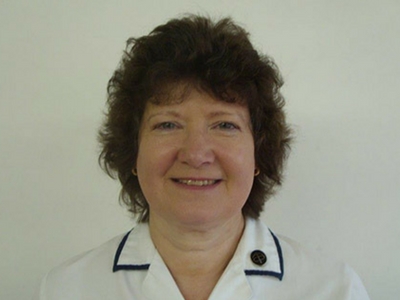Traditional Chinese Medicine (TCM) is a catch-all term for a variety of medical treatments and practices that have developed in China over hundreds and sometimes thousands of years. TCM practitioners take a holistic approach to health. Instead of treating specific symptoms of a disease in isolation, they look at the body as a whole and work to identify the underlying causes of the disease.
History of Traditional Chinese Medicine
Like most aspects of traditional Chinese culture, Chinese medicine has a long history. Originally said to have been invented by the legendary Yellow Emperor and the Emperor Shennong, there is oracle bone evidence of traditional Chinese medical practices dating back to the Shang Dynasty (c. 1600-1046 BC). Shang Dynasty people’s understanding of disease was limited, however. Illnesses were thought to be caused by curses from one’s ancestors and treatments involved some magical aspects.
China’s first systematic medical texts appeared during the Han Dynasty (202 BC–220 AD). The four great classics of Chinese Medicine were written during this time. The first is The Inner Canon of the Yellow Emperor. This text describes treatments still used in TCM today such as acupuncture, drugs and dietary changes. It also lays out the theories about anatomy and physiology that form the philosophical basis for TCM.
Another important Han Dynasty text is The Classic of Herbal Medicine. Believed to have been compiled based on earlier oral traditions, this classic reference book lists 365 medicinal plants.
One of the most important concepts in TCM is Qi. Qi is a vital energy that circulates throughout the body, flowing through pathways called meridians . In healthy people, qi circulates unimpeded, but health problems can result if the flow of qi is blocked or if it is too strong or too weak. TCM treatments may focus on restoring the normal flow of qi.
TCM practitioners believe that all the different organs and systems within the body form an interconnected, organic whole. Each part of this whole can be described as either Yin or Yang . If the flow of Qi is blocked or the blood is stagnant, imbalances in a person’s Yin and Yang can result. According to Traditional Chinese Medicine, these imbalances can lead to health problems, so TCM therapies may focus on restoring this balance.
When making a diagnosis, TCM practitioners use various methods including inquiry, inspection, palpation, olfaction (smelling) and auscultation (listening). TCM practitioners will take the patients’ pulse and examine their tongues before deciding on a course of treatment.
Chinese herbal medicines are prescribed by qualified practitioners in the UK. In the UK, only herbal products are permitted to be used in clinical practice, not mineral or animal products that may be found in prescriptions the other countries. Each herb has its own specific characteristics, and particular use to treat various diseases, re-balancing Yin and Yang, and restoring the body to its normal physiological functions.
Chinese herbal therapy must only be prescribed by qualified TCM practitioners. A prescription is a preparation of several herbal products, and is based on syndrome differentiation, and according to the principles of TCM diagnostic theory.

Diet and nutrition
TCM practitioners believe certain foods are either “hot” (Yang) or “cold” (Yin) foods. Certain diseases are thought to result from an overabundance of either yang or yin in the body.
Adjustments to one’s diet can correct this overabundance. For example, patients whose ailments are due to too much yang might be encouraged to eat “cold” foods like mung beans, and patients with too much yin might be asked to eat “hot” foods like mutton. TCM traditions also encourage people to make seasonal adjustments to their diets by changing the foods they eat depending on whether it is summer or winter.
QUALIFIED PRACTITIONER
Rosemary Lillie is a qualified TCM practitioner, and is a registered member of The Association of Traditional Chinese Medicine and Acupuncture UK (ATCM). At the clinic , she prescribes either granules or tablets rather than raw herbs, and works closely with Phoenix Medical Company,( www.phoenixmedical.com ) who manufacture, source and supply the highest quality herbs.
Practitioners
Our Physiotherapy Clinic Services
The West Wimbledon Physiotherapy Clinic aims to provide a selection of services to maintain and enhance health and wellbeing. Although primarily a physiotherapy clinic, a range of other treatments are available.


